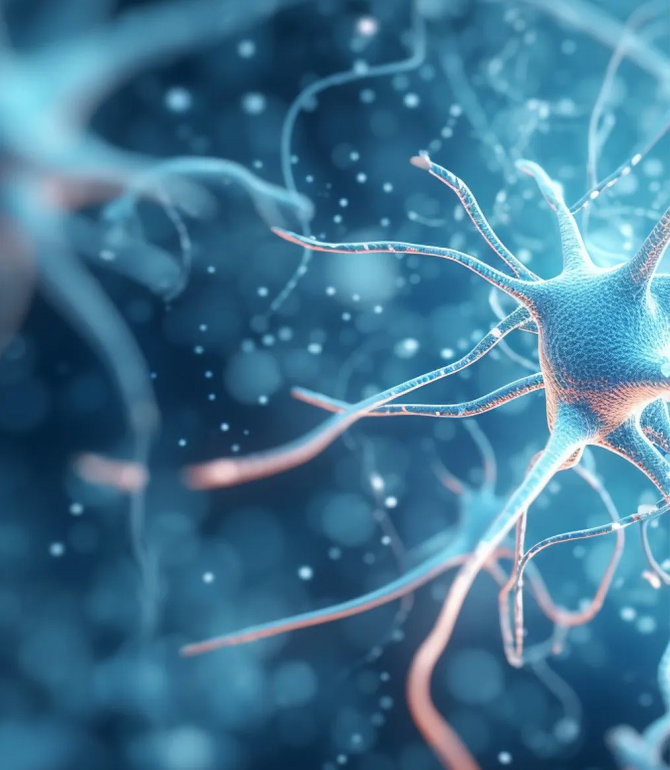Application of Schott Microcrystalline Glass in the Chemical Industry

Schott microcrystalline glass has many applications in the field of chemistry, such as the following:
Experimental and reaction containers: Due to its excellent chemical stability and corrosion resistance, Schott microcrystalline glass is often used as experimental containers, reaction containers, reagent bottles, etc. in chemical laboratories. It can withstand the influence of various strong acids, bases, and organic solvents, ensuring the stability and reliability of the experimental process.
Chemical reaction catalyst carrier: Schott microcrystalline glass can be used as a carrier material for chemical reaction catalysts to fix and stabilize the active components of the catalyst. By loading metal catalysts or other active components on the surface of Schott microcrystalline glass, the stability and reaction efficiency of the catalyst can be improved.
Solvent filter: Schott microcrystalline glass film or sheet can be used as a solvent filter for solvent filtration and purification in the laboratory. Its microporous structure can effectively filter out impurities and particles, ensuring the purity and quality of the solvent.
Analytical instrument accessories: Schott microcrystalline glass is often used as an accessory for analytical instruments, such as chromatography columns, reaction tubes, etc. Its chemical stability and optical transparency make it play an important role in various chemical analyses and experiments.
Chemical sensors: Schott microcrystalline glass can be used as a substrate material for chemical sensors, such as pH sensors, ion selective electrodes, etc. High sensitivity detection of specific chemical substances can be achieved by modifying specific chemical functional groups on the surface of Schott microcrystalline glass

